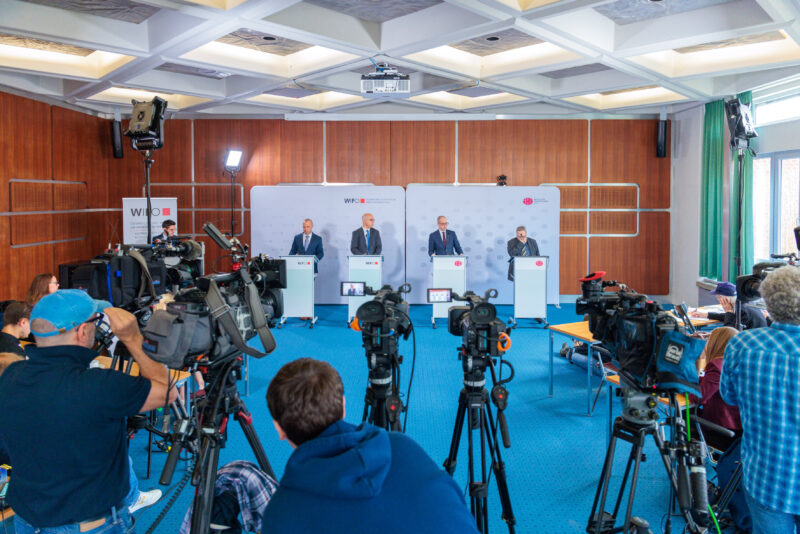
Russian Oil: Impact of EU Sanctions on Austria
These sanctions could be imposed in the form of an oil embargo or less restrictively and thus with less immediate negative consequences for the EU economy as import tariffs. Russia is (still) a major supplier of crude oil and processed oil products. Within the EU, import dependence on Russian oil supplies is very heterogeneous. For Austria, Kazakhstan is the most important country of origin for crude oil. In the event of Russian countermeasures, EU oil imports from other CIS countries are at risk. In the short term, the OPEC countries play a major role as alternative oil suppliers. Austria imports processed mineral oil products, such as petrol and diesel, almost exclusively from other EU countries – primarily from Germany – and not directly from Russia. However, this creates an indirect dependency. A reduction and thus price increase of fossil fuels induces a negative impact on the transport of goods and passengers.
Import tariffs are likely to have several advantages compared to an oil embargo. Through a gradual increase, the adjustment of the domestic economy through price effects performs better than a direct reduction in volume. Moreover, the instrument can be flexibly and strategically adapted to the economic and political dynamics of the conflict. In addition to higher prices import tariffs also generate customs revenues in the EU. As a consequence of an embargo or the introduction of an equivalent import tariff, simulation results for Austria suggest a short-term increase in the inflation rate by 0.5 to 0.75 percentage points and a reduction in economic output by 0.3 percent.
Publications
Please contact

























